Cuddling her baby boy in a Melbourne playground on a chilly, grey July day, Rebecca Wardle explains her initial reluctance to get a Covid-19 vaccination.
“I’m still breastfeeding,” says the 33 year old, her voice hesitant. “The studies aren’t there yet. I need to know it’s safe first.”
It’s not that Rebecca, a relentlessly positive and well-travelled urban planner, doesn’t know what’s at stake. Last year, she lived through Europe’s frightening descent into Covid-19 chaos, before escaping Brussels to return home to Australia to have her first child, Hugo.
But while Rebecca normally doesn’t think twice about getting vaccinated, this time she found herself swayed by the constantly changing advice, as well as the rumours and uncertainty surrounding the Covid-19 vaccinations.
“It was about my baby,” she says. “I was scared it might trigger a bad immune response in Hugo.”
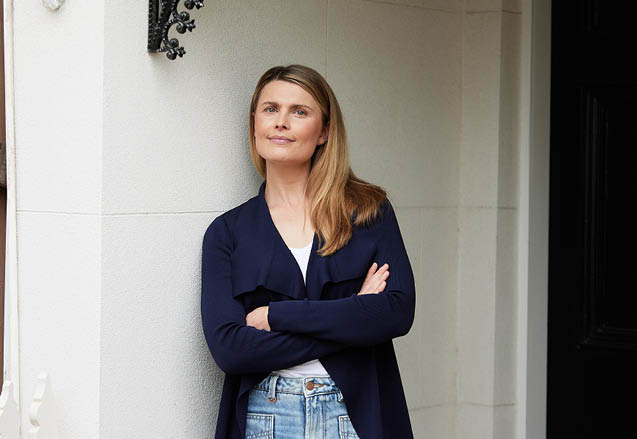

Six months – and one Pfizer jab – later, Rebecca has come around to the benefits of vaccination.
But plenty of young women haven’t. Australians aged 18-44 are the group most uncertain about getting vaccinated, according to the University of Melbourne’s Vaccine Hesitancy Tracker, and women remain slightly more reluctant to get the jab than men (although rates of hesitancy have fallen faster among women than men).
One issue is that women who are pregnant – or trying to be – or who are breastfeeding or taking hormones such as the pill or HRT, have had to contend with rumours swirling around Covid-19 vaccines and whether it affects fertility and menstruation.
Changing advice
Fertility specialist Dr Manuela Toledo of TasIVF says many of her patients have expressed concern about vaccinations and how they might affect fertility or unborn babies.
She blames changing health advice for vaccine hesitancy among women of childbearing age.
In the early stages of the outbreak, pregnant women were dissuaded from getting vaccinated due to “insufficient evidence” to recommend it.
That advice has changed. In June, the government’s expert health advisors ATAGI, and the Royal Australian and New Zealand College of Obstetricians and Gynaecologists (RANZCOG) declared that pregnant Australian women should get vaccinated – and yet lingering concerns persist.
Dr Toledo says that earlier in the year, she became aware that GPs were telling her patients they shouldn’t get vaccinated if they wanted to fall pregnant. As recently as two months ago, pregnant women were being turned away from vaccine hubs in Melbourne.
It’s vital that young women understand the updated advice, adds Dr Toledo. “Fighting vaccine hesitancy has taken on some urgency now. We know the Delta variant in pregnancy is very dangerous.”
In fact, Delta is believed to be twice as infectious as the original strain from Wuhan, China, and it’s more dangerous than previous variants for pregnant women.
We know the Delta variant in pregnancy is very dangerous
And yet vaccination rates in countries like the UK and Brazil remain worryingly low. In the UK, just three per cent of pregnant women were fully vaccinated by July 2021. In the US, 24 per cent of pregnant women are vaccinated, which is less than half the national rate.
Toledo has been observing the low global vaccination rates among pregnant women with unease.
“In countries like Brazil where there’s few vaccines, no restrictions, and no mask wearing, 40 pregnant women a week are dying and their babies are dying. There will be a generation of children there growing up without their mother because they couldn’t be vaccinated,” she says.
“This is unthinkable in Australia, and that’s why we’re urging all of our patients, pregnant or not, to get vaccinated as soon as possible.”
Which vaccine?
Tessa Purdon, 51, was one of the many women left confused by the health advice.
For the past five years she and her partner have been trying, unsuccessfully, to have a baby using donor eggs via IVF.
When vaccinations became available in Australia, Tessa, who had resigned herself to the idea that she wouldn’t fall pregnant, didn’t consider how it might affect a pregnancy.
Then – incredibly – she became pregnant. But her joy quickly turned to fear when she realised that the Astra Zeneca vaccine she had been given wasn’t approved for pregnant women. (It still isn’t.) Tessa was left wondering whether she’d made a catastrophic mistake.
“I always wanted to have my own family and I suddenly realised I hadn’t looked into the vaccine’s safety if you’re pregnant, and wondered what I should do,” she says.
Fortunately, she discovered she could switch to Pfizer for her second vaccination, and is now booked in for her second jab.
Swirling theories
It’s not just changing health advice that has seen vaccination rates plummet among pregnant women.
Rumours and theories have swirled around vaccines and women’s health, allowing the Covid-19 vaccine fear-factory to ramp up.
In late 2020, two men – a former Pfizer executive and a German doctor – released a paper claiming that the Pfizer vaccine would “attack” women’s reproductive organs. Then, in April 2021, reports began to emerge of some women experiencing changes in their menstrual cycle after being vaccinated.
Soon Twitter, Facebook and Reddit were alight with rumours, with social media influencers helping amplify the concerns.
In countries like Brazil, 40 pregnant women a week are dying
The theories and rumours found a receptive audience among women, with some believing that this was just another example of the medical community failing to take women’s health seriously.
“The treatment of women even to this day by the Western medical system is very poor. That pushes them into these wellness spaces,” says Dr Naomi Smith, a sociologist at Federation University Australia who researches technology and wellness trends.
“I’ve started following a lot of wellness influencers online and I think we underestimate the influence these people have, because they hide Covid19 misinformation and anti-vax talking points in a lot of other content.
“As a researcher it’s harder to track and keep on top of; in some ways big accounts are much easier to debunk and to understand their sphere of influence because it’s very obvious. I follow one who said, on an Instagram Story, that getting Covid-19 is a way to level up spiritually, that it burns away your old self, and you come out feeling refined and newly connected to the world.”
Fortunately, the scientific establishment has now responded forcefully to counteract any concerns about the safety or efficacy of vaccinations.
Austin Health endocrinologist Ada Chung published guidelines in August about how Covid-19 vaccines affect women and transgender people who are taking extra hormones. In short: it might disrupt your cycle in the short-term, but it won’t harm your fertility, long-term.
Research shows mRNA vaccines like Pfizer are fine for breastfeeding women and, in fact, vaccinations for pregnant women could even be timed to give maximum immunity to the foetus.
And on August 19, the Department of Health got there, too, specifically recommending the Pfizer and Moderna vaccines for women who are breastfeeding, pregnant, or planning pregnancy, and telling them to get vaccinated whenever they can.
Pregnant women of all ages are now being routinely given Pfizer across the country, even in Tasmania and ACT, where it’s still restricted to 30 years and older. But they’re not getting priority. Toledo says her patients have been and are still struggling to get appointments within eight weeks of booking, but she hopes that more supplies in states such as Victoria will mean more appointments will open up.
It was the official government advice that turned Rebecca around.
“I think I only read the first paragraph of the Department of Health recommendation and I was like, jab me up. I just needed to see something written down that wasn’t word-of-mouth.
“I was scared it might trigger a bad immune response in Hugo. I’ve been living with an autoimmune disease for 10 years now and I didn’t want that to happen to him. Now I know that’s impossible from a vaccine.”
Images by Kristoffer Paulsen




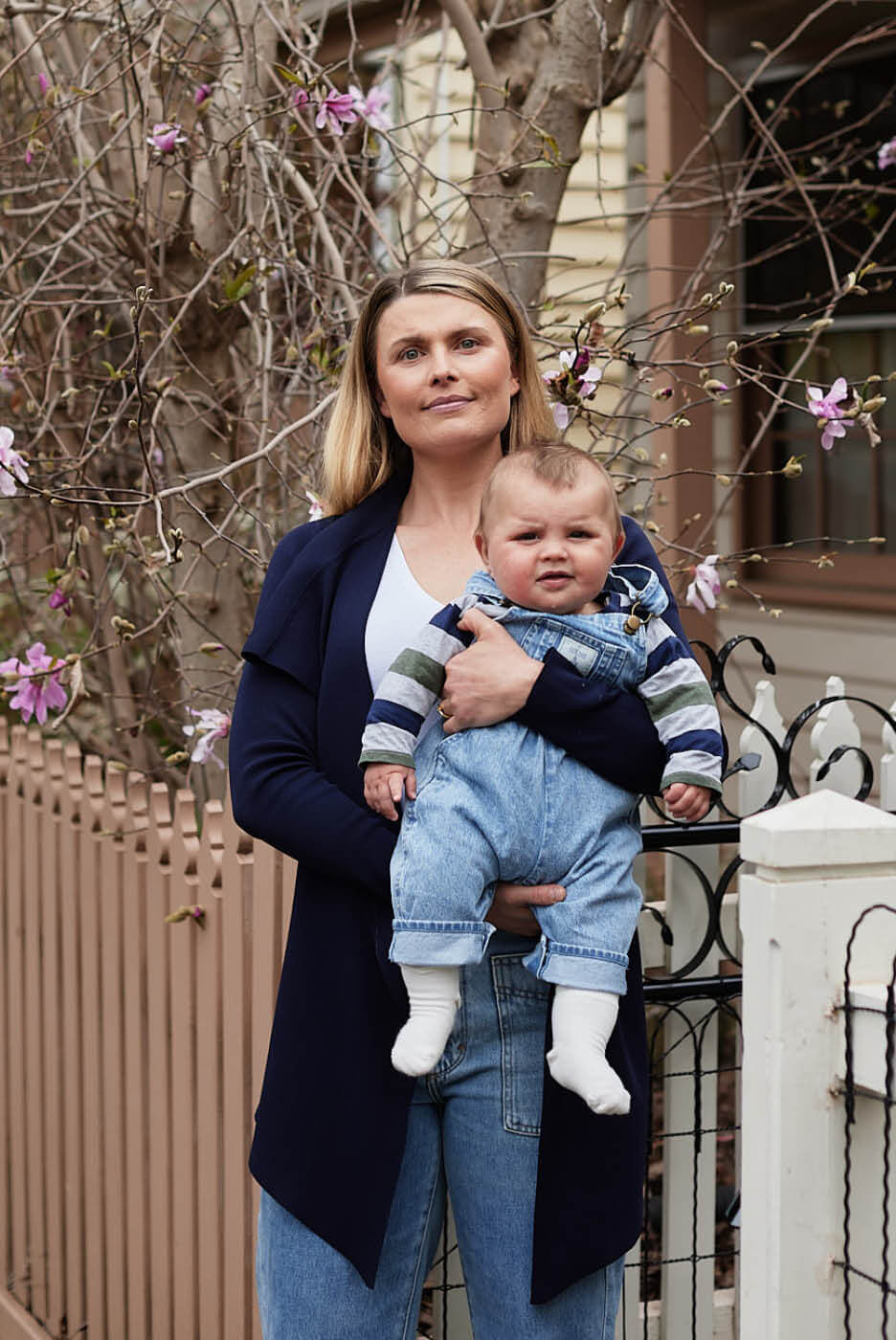
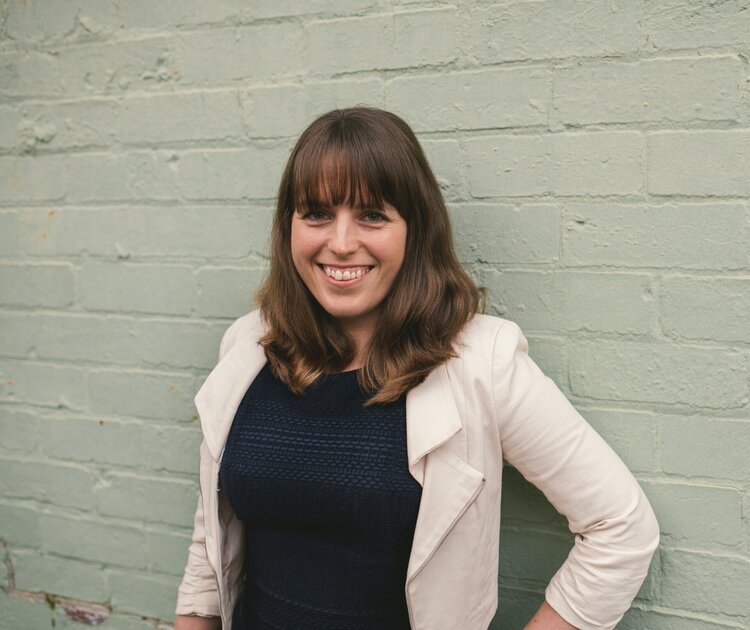

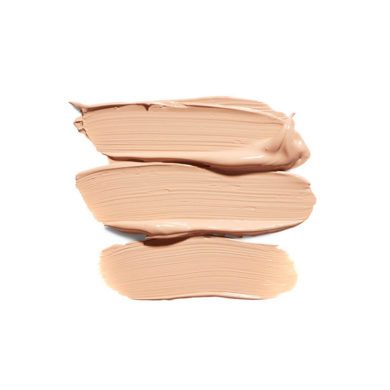
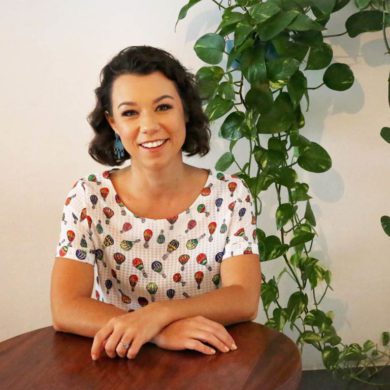




No Comments